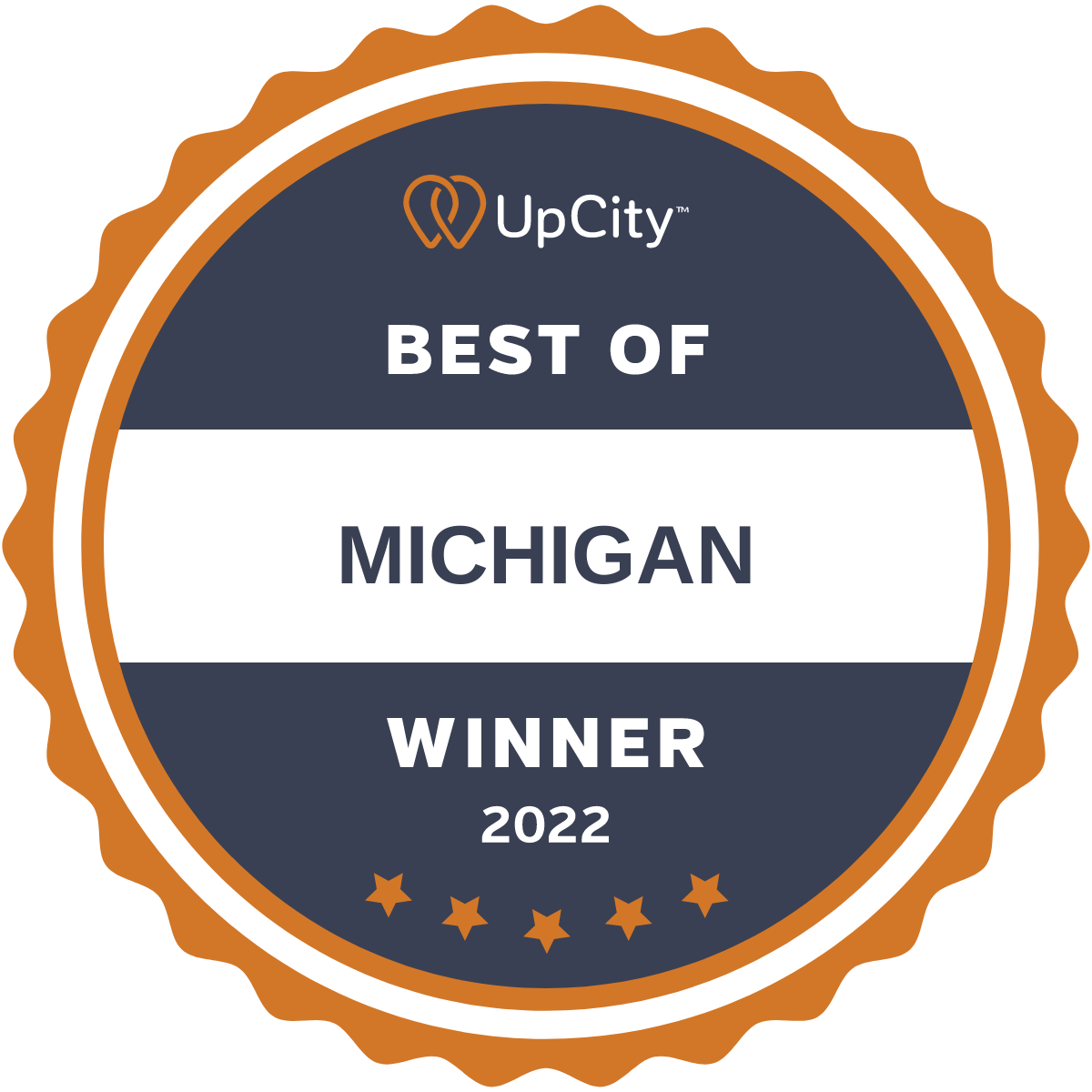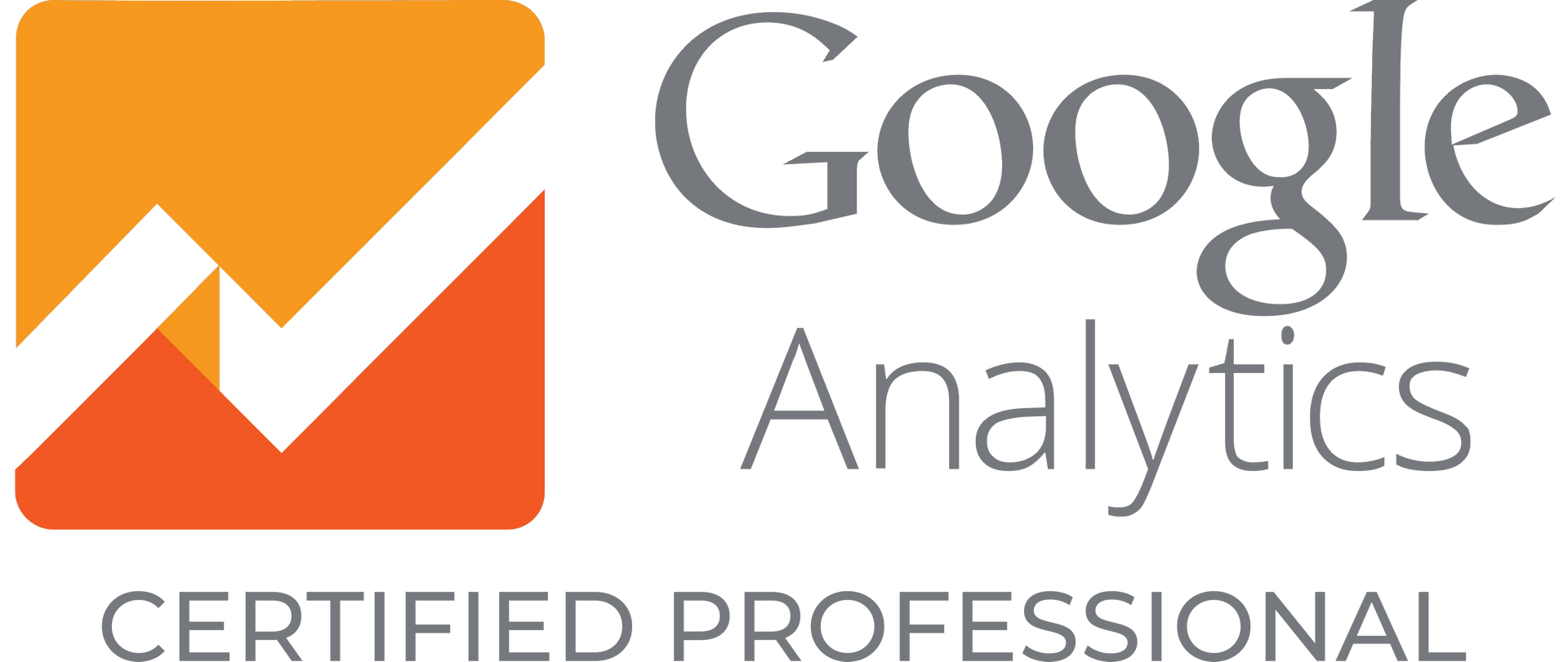How to Do Awesome Inexpensive Real Estate Marketing
Real estate digital marketing has transformed the way the industry operates. Gone are the days when hefty budgets were required to market properties effectively. Today, with the right strategies, real estate professionals and companies can connect with potential buyers and sellers without breaking the bank.
📲 Do you need a reputable marketing agency and affordable SEO services for real estate marketing? Schedule a Call with Speck Designs. 📞
Let Local SEO Shine on Your Website
A website is essential, but guaranteeing it ranks well in search engines is equally important. Use local keywords like "houses for sale in [City]" or "real estate agents in [Neighborhood]" in your content and meta descriptions. Optimize your website for mobile devices and ensure it loads quickly, as these factors influence your search engine rankings. Local SEO is crucial for the real estate industry.
Bonus: Start a blog on your website to share local real estate market trends, home buying tips, or success stories to attract organic traffic.
Maximize the Marketing Power of Listing Platforms
Take advantage of free or low-cost listing platforms to market your properties effectively. Popular sites like Zillow, Realtor.com, and Craigslist attract millions of monthly visitors, offering excellent exposure for your listings. Using these platforms, you can reach a broad audience of potential buyers or renters without incurring high advertising costs. This makes them ideal for anyone looking to maximize their property's visibility while keeping expenses low.
When creating your listings, provide accurate and detailed information about your property. Include essential details such as the property's location, size, and features, along with any unique selling points that set it apart.
High-quality real estate photos are also crucial—clear, well-lit images help potential clients visualize the property and generate more interest. Additionally, use a compelling description to highlight the property's best attributes and create an emotional connection with viewers.
Pro Tip: To maintain visibility and stay ahead of competitors, update your listings regularly. Platforms like Zillow and Craigslist often prioritize recently updated posts in search results, which helps keep your property more noticeable.
Even minor adjustments, like refreshing the photos or tweaking the description, can signal activity and increase your chances of attracting inquiries. By staying proactive, you'll make your listings stand out and create a better opportunity to connect with interested buyers or tenants.

Create and Host Virtual Tours
Virtual tours have become increasingly popular as they allow potential buyers to explore properties from the comfort of their homes. Use affordable 360-degree camera technology or apps to create virtual tours. Once created, share them on your website, social media platforms, and property listing sites.
Add a virtual tour link to your email signature for extra visibility.
Mind Your Social Media Channels
Social media platforms like Facebook, Instagram, LinkedIn, and Twitter are powerful tools for promoting real estate listings and building your brand. Create a professional business profile and post high-quality photos and videos of properties. Use Instagram Stories or Facebook Live to give virtual property tours, making the experience interactive. Regularly engaging with your audience by replying to comments or direct messages can build trust and increase visibility.
Tip: Use local hashtags (e.g., #YourCityHomes) to reach potential clients in your target area.
Try Email Marketing
Email marketing remains one of the most cost-effective tools used in real estate digital marketing services. Build an email list by collecting contacts through your website or social media. Send regular newsletters featuring new listings, market insights, or home-buying tips. Personalized emails, such as congratulating past clients on their home anniversaries, can help maintain long-term relationships.
Hint: Use accessible or affordable email marketing tools like Mailchimp or HubSpot to manage your campaigns.
Run Targeted Ads on a Budget
While paid advertising might sound expensive, platforms like Facebook and Google Ads allow you to set precise budgets and target specific demographics. For instance, you can target users searching for homes in a particular area, within a specific price range, or even by their job titles. Start small, analyze your results, and gradually increase your budget for campaigns that work.
Tip: Use carousel ads on Facebook to showcase multiple properties in a single ad.

Encourage Online Reviews
Building credibility is essential for online reputation management, and online reviews can be a powerful tool. Positive reviews from past clients serve as social proof, showing potential clients you are trustworthy and reliable. Platforms like Google Business Profile (GBP), Yelp, and Facebook are popular places for people to read and leave reviews, making them essential for establishing your online reputation.
Encourage satisfied clients to share their experiences on these platforms. A good review can reassure new clients that they're making the right choice in working with you.
Be proactive in requesting reviews to make the process easier for your clients. Often, people are willing to leave feedback but need a gentle reminder or a convenient way. After completing a successful transaction or service, reach out to your client with a friendly message.
Highlight how much you value their opinion and how their review can help others make informed decisions. Personalizing your request makes it more effective and shows clients that their feedback matters.
When reviews start coming in, take the time to respond to each one—positive or negative.
Thank clients for their kind words in positive reviews and let them know you appreciate their support. For negative reviews, respond calmly and professionally. Apologize for any inconvenience, offer solutions, and show that you will make things right. This demonstrates to future clients that you genuinely care about your customer's satisfaction and are committed to providing excellent service.
Actionable Tip: After a successful sale or service, send a follow-up email thanking your client for their business. Include a direct link to your review page, making it as simple as possible for them to leave feedback. You can even add a polite request like, "If you're happy with our service, we'd greatly appreciate it if you could share your experience in a quick review." This small step can significantly increase the number of reviews you receive, boosting your online visibility and credibility.
Host Webinars or Q&A Sessions
Position yourself as an industry expert by hosting free webinars or live Q&A sessions. Topics like "How to Buy Your First Home" or "Trends in the Local Real Estate Market" can attract a broad audience. Use platforms like Zoom or Instagram Live to conduct these sessions and promote them on your social media channels in advance.
Pro Tip: Record these sessions and upload them to your website or YouTube channel for extended reach.
Repurpose Content Across Platforms
Maximize your content's value by repurposing it across various platforms. For example, turn a blog post into a social media infographic, a short video for Instagram Reels, or an email newsletter topic. This approach saves time and ensures consistent messaging across channels.
Bonus: Free tools like Canva for graphics or InShot for video editing can be used to create professional content without extra costs.
Key Takeaways
Digital marketing doesn't have to be expensive to be effective. Real estate professionals can significantly enhance their online presence and attract more clients by leveraging free or low-cost tools and platforms. The key is to stay consistent, track your performance, and adapt your strategies based on what works best for your target audience.









